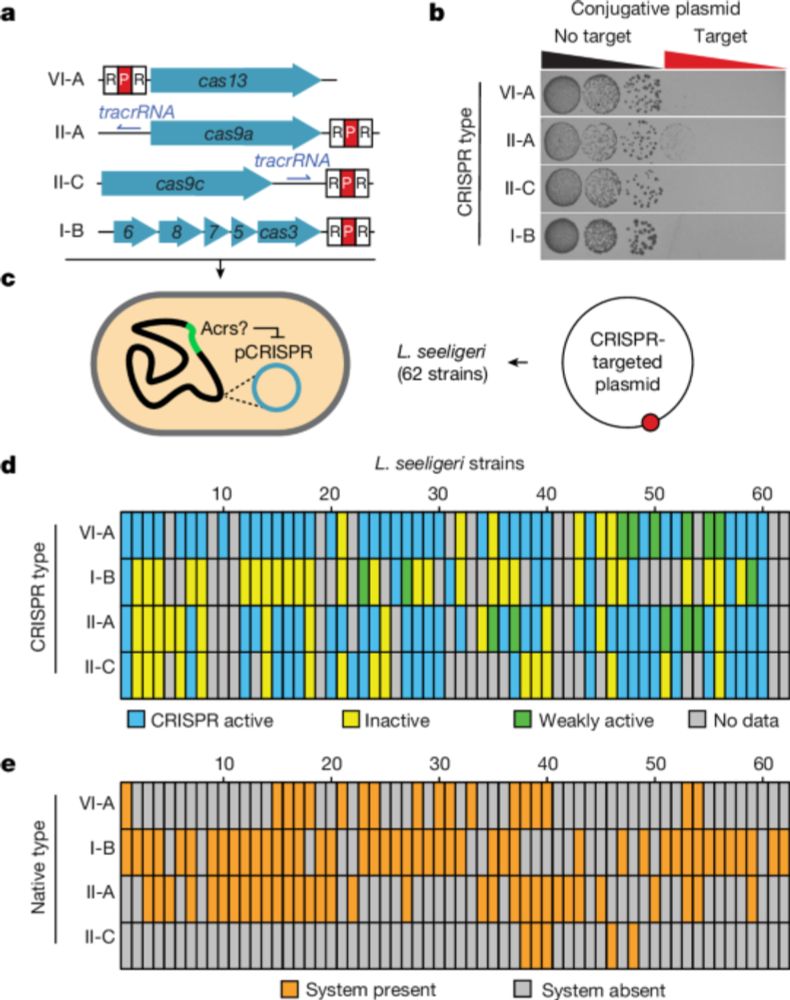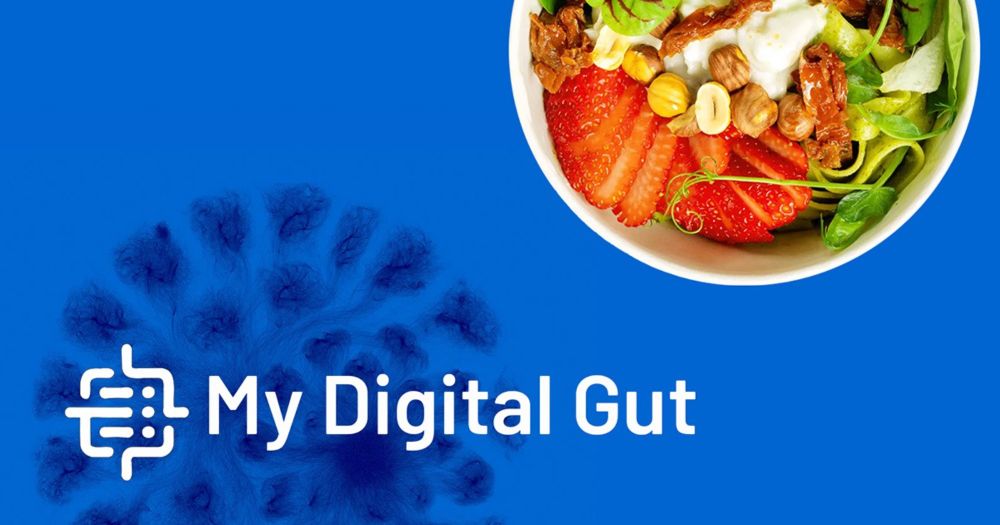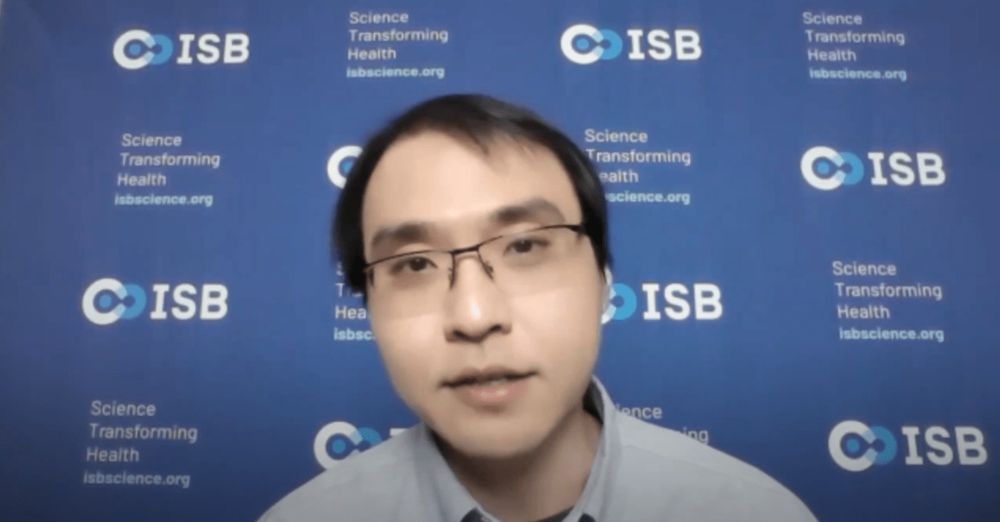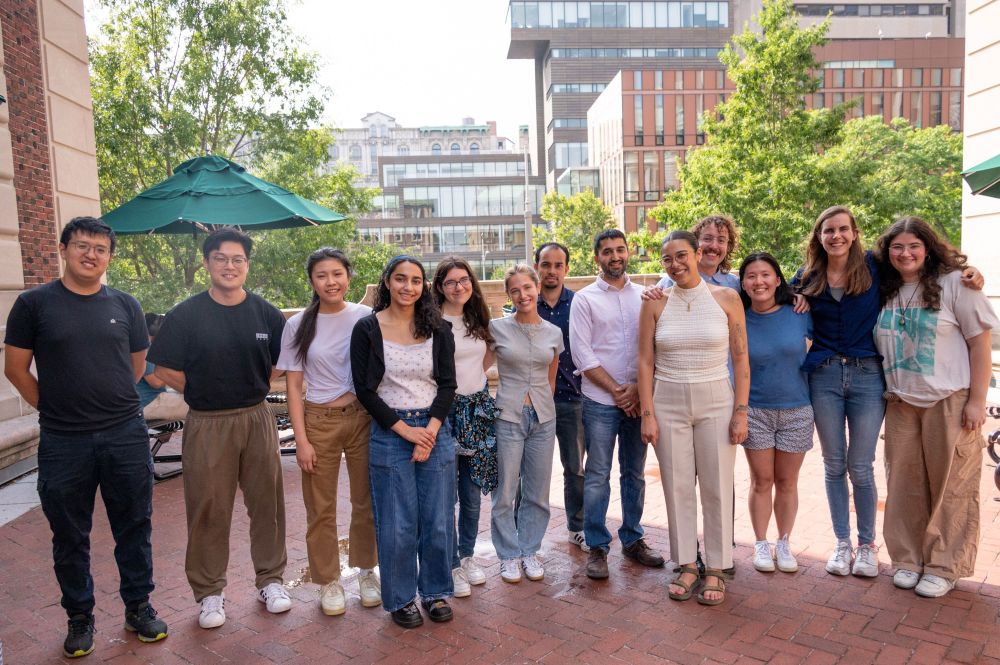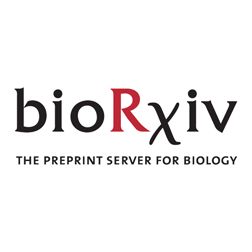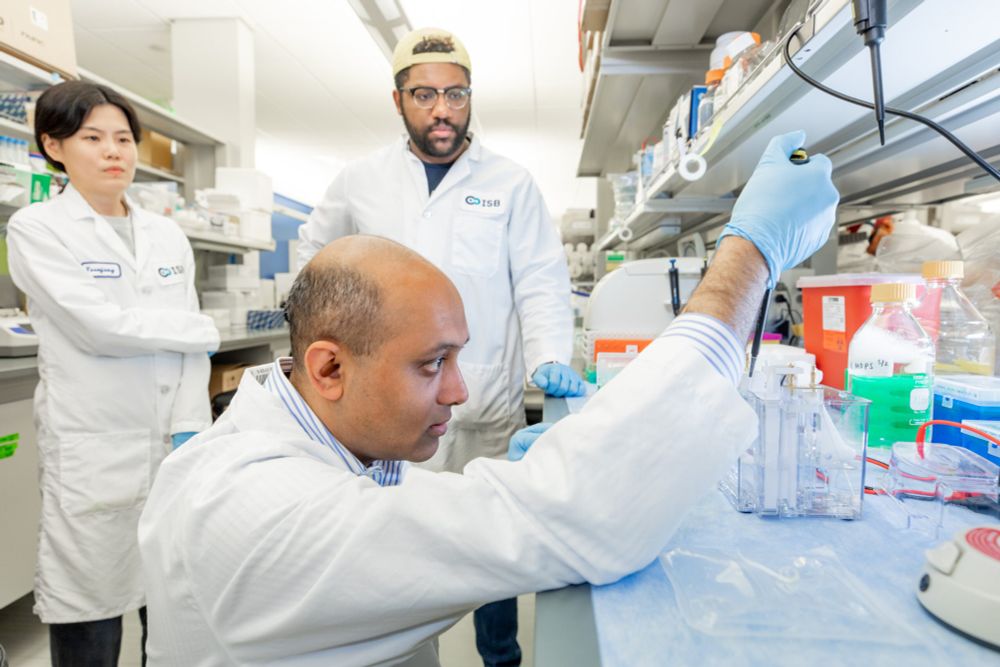Sid Venkatesh
@flash-point.bsky.social
120 followers
200 following
12 posts
Assistant Professor at ISB and UW Microbiology in Seattle, WA | Lover of collaboration, generosity and trust in science | Opinions are my own | https://venkatesh.isbscience.org/
Posts
Media
Videos
Starter Packs
Reposted by Sid Venkatesh
Reposted by Sid Venkatesh
Reposted by Sid Venkatesh
Reposted by Sid Venkatesh
Reposted by Sid Venkatesh
Reposted by Sid Venkatesh
Reposted by Sid Venkatesh
Elaine Hsiao
@pipethero.bsky.social
· Jan 4
Reposted by Sid Venkatesh
Reposted by Sid Venkatesh
Neel Shah
@nshahlab.bsky.social
· Dec 26
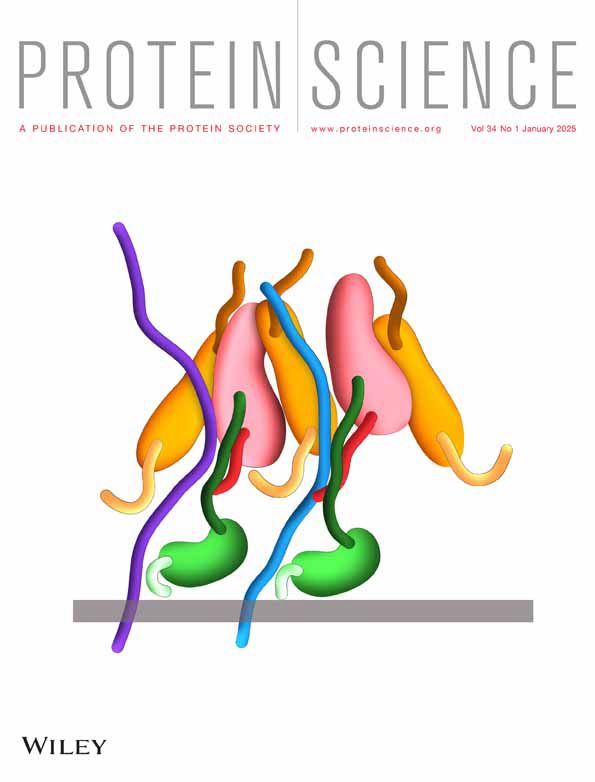
Allosteric regulation of the tyrosine phosphatase PTP1B by a protein–protein interaction
The rapid identification of protein–protein interactions has been significantly enabled by mass spectrometry (MS) proteomics-based methods, including affinity purification-MS, crosslinking-MS, and pr...
onlinelibrary.wiley.com
Reposted by Sid Venkatesh
Neel Shah
@nshahlab.bsky.social
· Dec 24
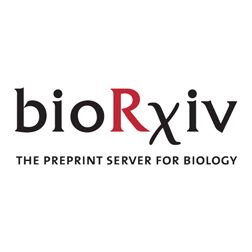
Accurate sequence-to-affinity models for SH2 domains from multi-round peptide binding assays coupled with free-energy regression
Short linear peptide motifs play important roles in cell signaling. They can act as modification sites for enzymes and as recognition sites for peptide binding domains. SH2 domains bind specifically t...
www.biorxiv.org
Reposted by Sid Venkatesh
Joseph Luna
@virologistjoe.bsky.social
· Dec 20
Nandan Gokhale
@nandangokhale.bsky.social
· Dec 19
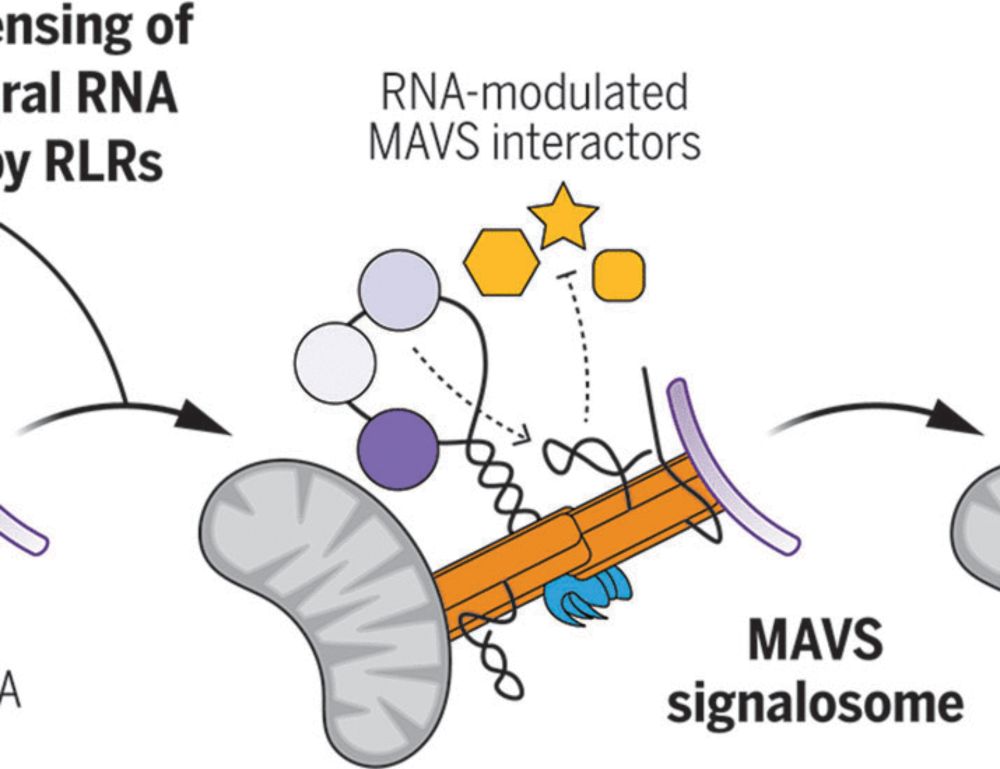
Cellular RNA interacts with MAVS to promote antiviral signaling
Antiviral signaling downstream of RIG-I–like receptors (RLRs) proceeds through a multi-protein complex organized around the adaptor protein mitochondrial antiviral signaling protein (MAVS). Protein co...
www.science.org
Reposted by Sid Venkatesh
David Weiss
@dweisslab.bsky.social
· Dec 2
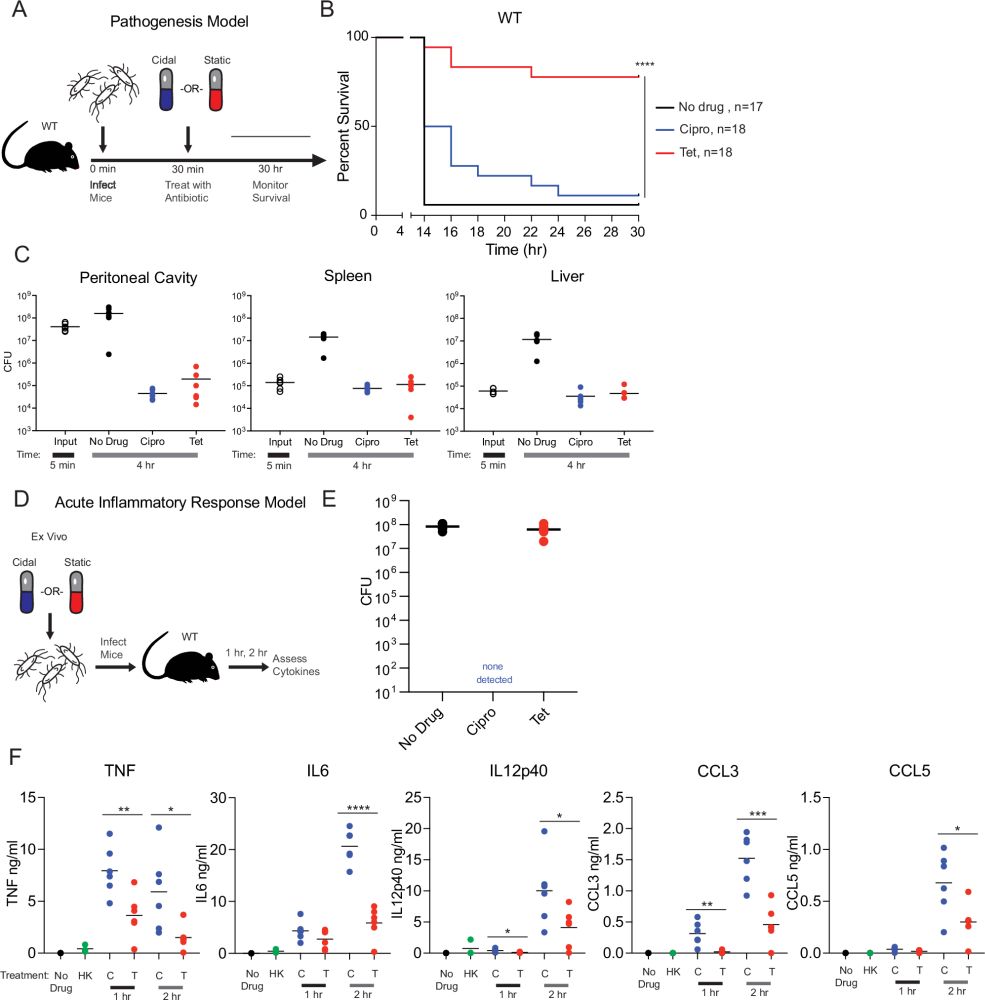
Bactericidal antibiotic treatment induces damaging inflammation via TLR9 sensing of bacterial DNA
Nature Communications - The immunologic differences induced by bactericidal versus bacteriostatic antibiotics remain unclear. Gross et al. show that, in contrast to static antibiotics, cidal...
rdcu.be
Reposted by Sid Venkatesh
Reposted by Sid Venkatesh
Reposted by Sid Venkatesh
Elaine Hsiao
@pipethero.bsky.social
· Feb 16
Reposted by Sid Venkatesh
Joseph Luna
@virologistjoe.bsky.social
· Nov 25
Sid Venkatesh
@flash-point.bsky.social
· Nov 25
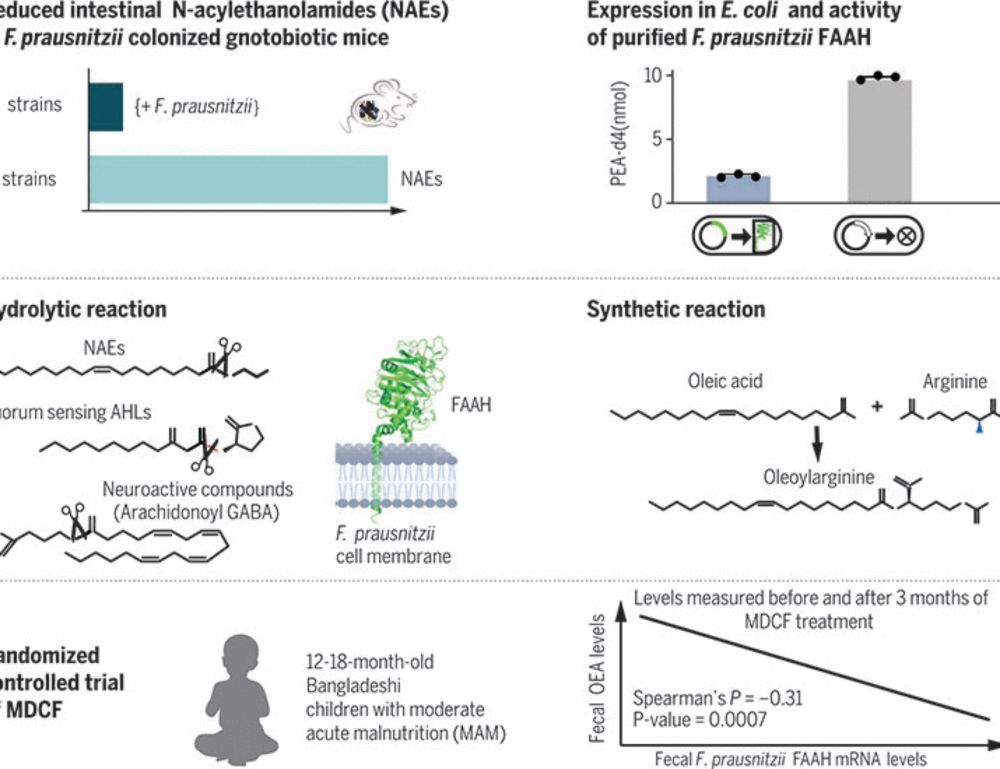
A human gut Faecalibacterium prausnitzii fatty acid amide hydrolase
Undernutrition in Bangladeshi children is associated with disruption of postnatal gut microbiota assembly; compared with standard therapy, a microbiota-directed complementary food (MDCF) substantially...
www.science.org
Sid Venkatesh
@flash-point.bsky.social
· Nov 26
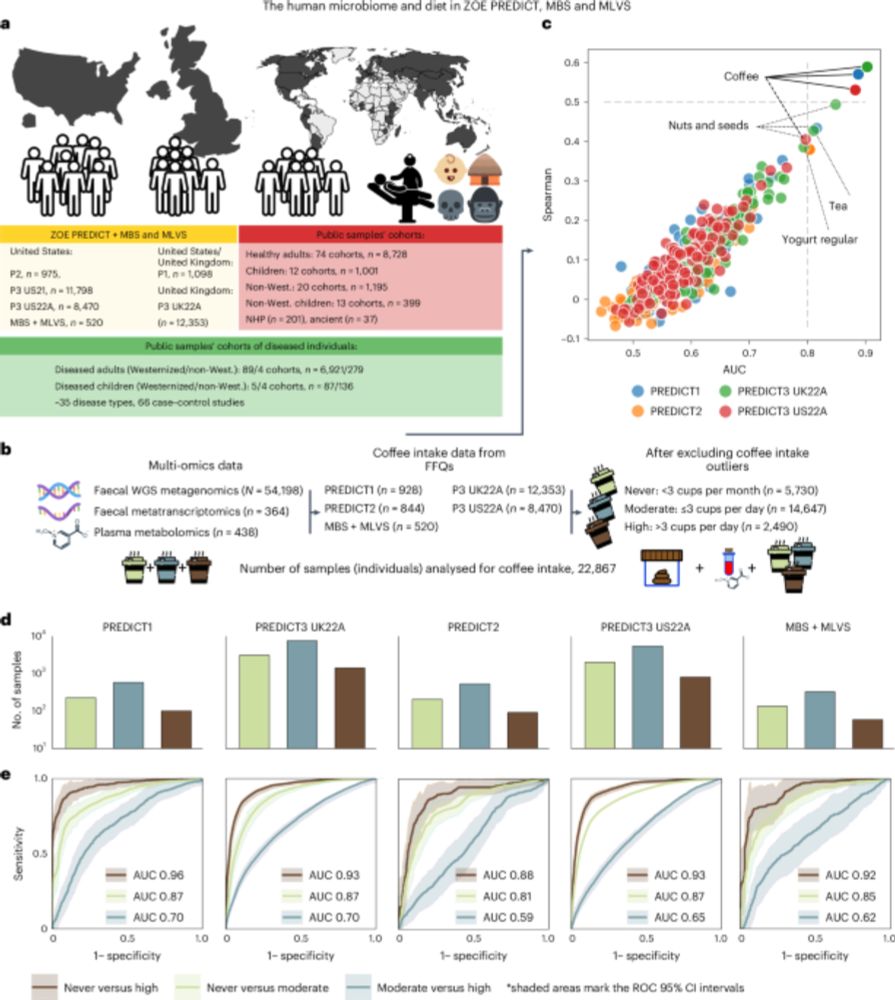
Coffee consumption is associated with intestinal Lawsonibacter asaccharolyticus abundance and prevalence across multiple cohorts - Nature Microbiology
Coffee consumption is associated with the presence and abundance of a specific member of the human gut microbiome, Lawsonibacter asaccharolyticus, and changes to the plasma metabolome.
www.nature.com
Sid Venkatesh
@flash-point.bsky.social
· Nov 25

Deep mutational scanning of a multi-domain signaling protein reveals mechanisms of regulation and pathogenicity
Multi-domain signaling enzymes are often regulated through extensive inter-domain interactions, and disruption of inter-domain interfaces by mutations can lead to aberrant signaling and diseases. For ...
www.biorxiv.org







